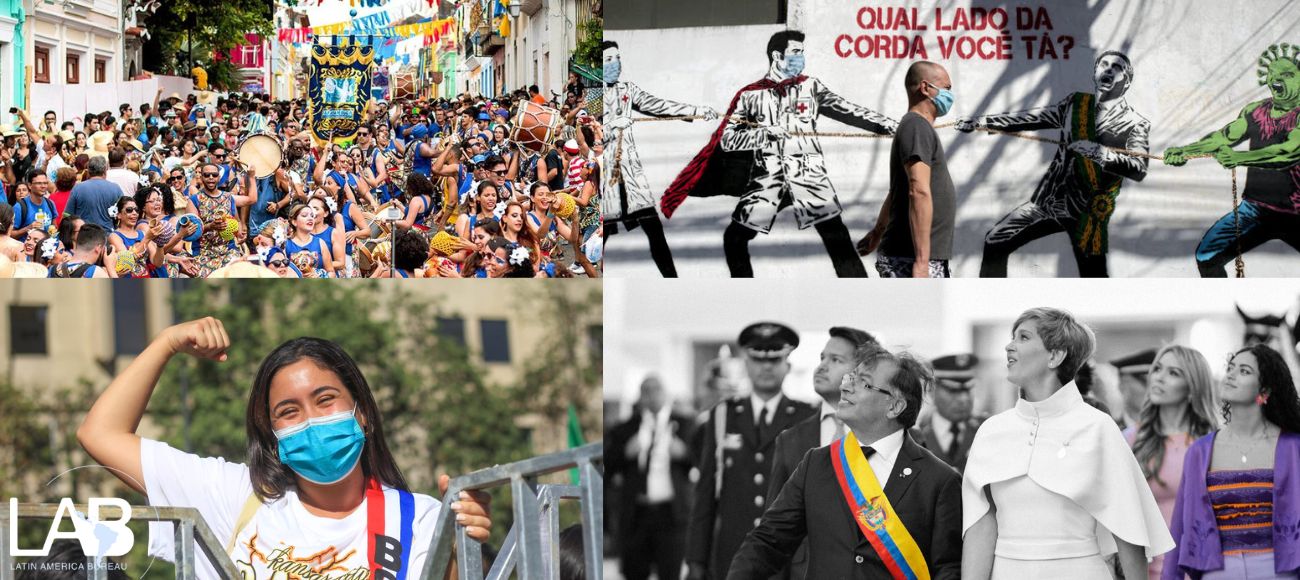

“We won’t stop organising demonstrations during the Olympics, because they are threatening us with the anti-terrorism law”, said a defiant Guilherme Boulos, the charismatic leader of Brazil’s Homeless Movement, the MTST, at the press conference. “There have been protests as the Olympic torch made its way through the country and there will be others every day during the Olympics”, he promised.The third topic that the leaders want to highlight during the Olympics is the mega-event itself, which has led to thousands of families being evicted from their homes, distortions in the transport network, and the presence of 20,000 ill-trained soldiers on the streets. It is “a calamity on an Olympic scale”, said the leaders. It will be easy for us watching the Olympics on our television sets to be unaware of all this, as journalists report on the excitement in the stadiums, the laughter in the streets, and the proverbial friendliness of the cariocas (Rio inhabitants). And everywhere we will hear the captivating sound of samba music. But behind the festivities the threat facing Brazil is real enough. Brazilian democracy is very young – the military only withdrew to the barracks in 1985. Turning Congress into a political tool for the right could erode public trust in the country’s democratic institutions, with unforeseen results. The Olympics itself bears witness to what this could mean: during the dictatorship political prisoners were held, brutally tortured and killed in the military installations in Deodoro in the north of Rio, where the hockey, basketball and riding competitions are now being held. “I still hear shrieks of pain coming from the walls”, said Francisco Celso Calmon, who was detained there for four months. “There is blood on the floor. They are trying to turn it into a festive place but really it is somewhere where horrific atrocities took place.” Some have campaigned for at least a plaque on the wall to recall all the suffering in the building but, in their desire not to ruffle military feathers, the authorities won’t even allow this. This burying of the past is dangerous. What Michel Temer and his cronies are doing is pushing Brazil’s fragile democracy to the limit. It would have been salutary for young Brazilians – and foreign tourists — to be reminded of what can happen when a country’s democratic institutions are trampled upon.


